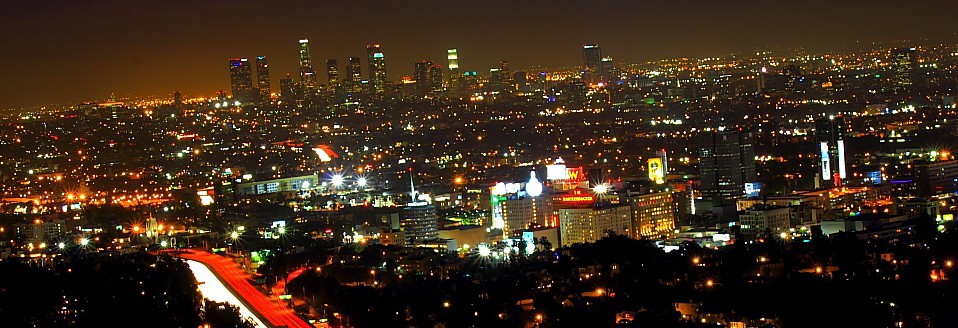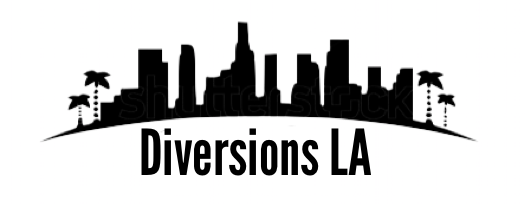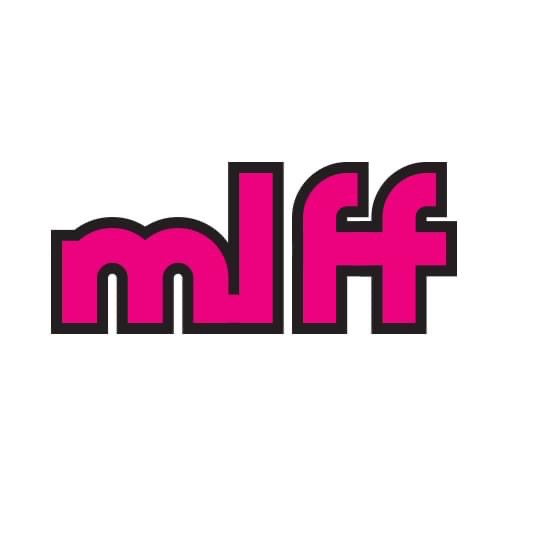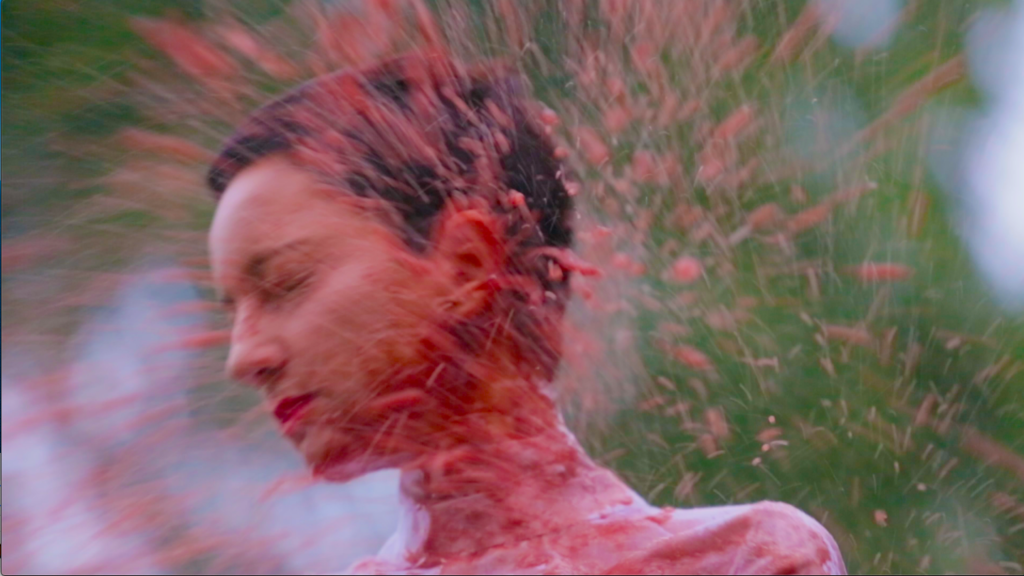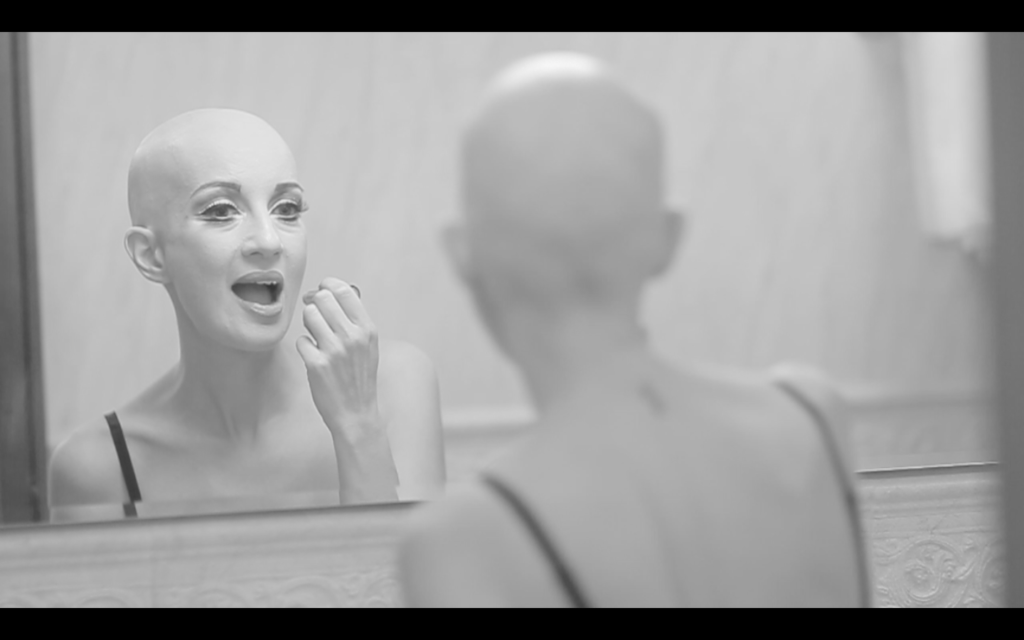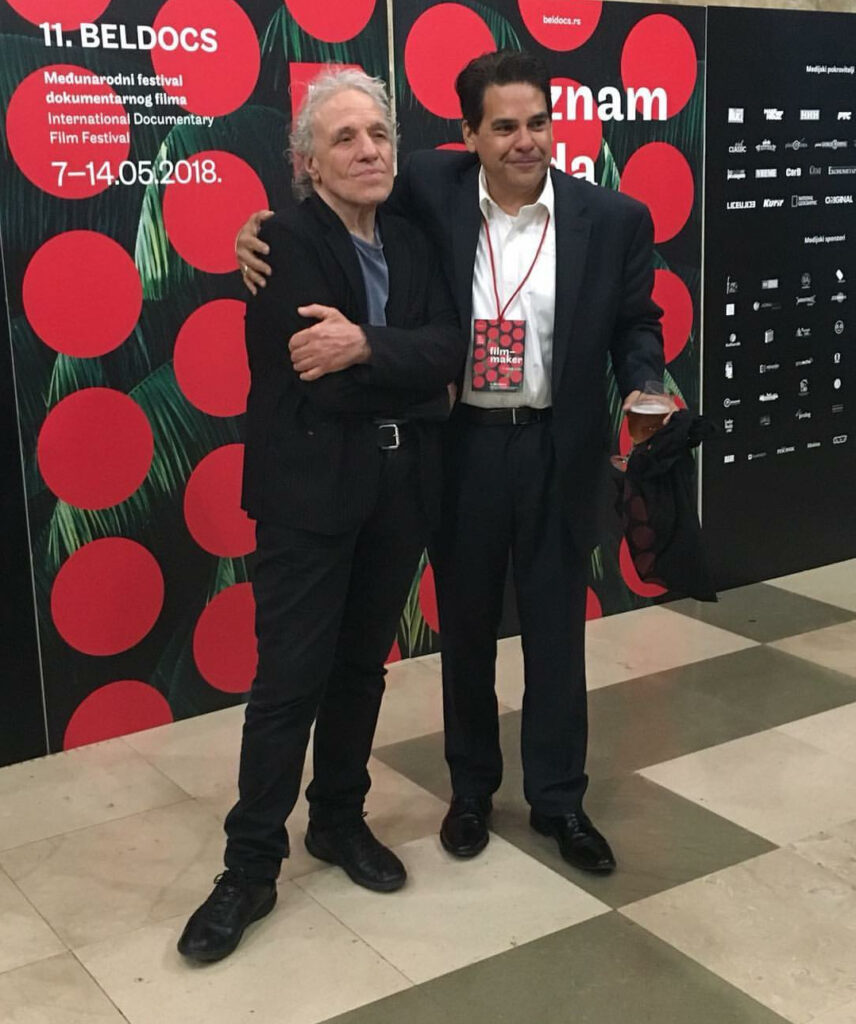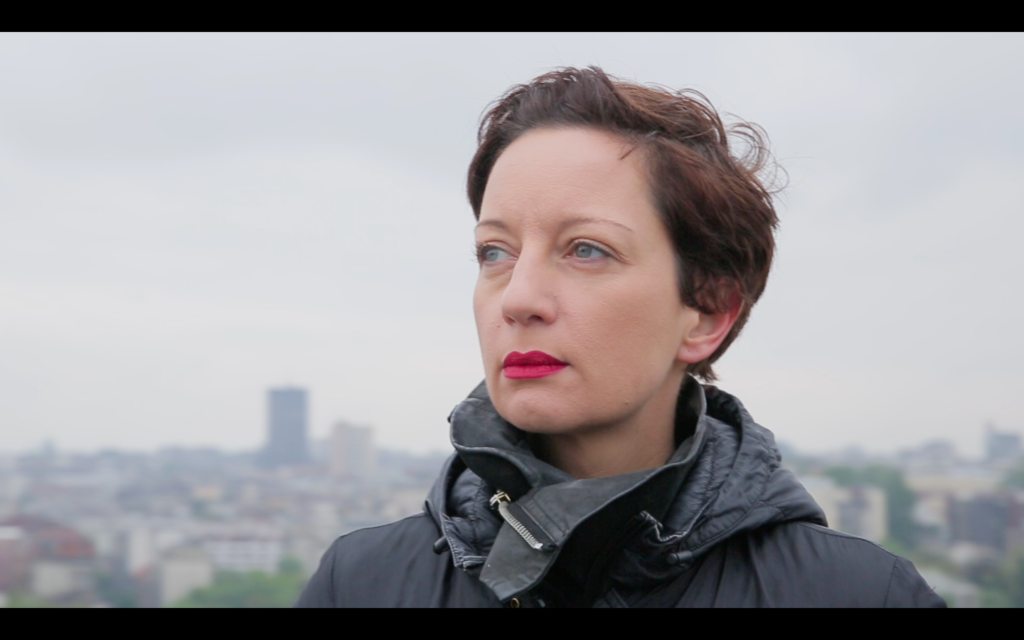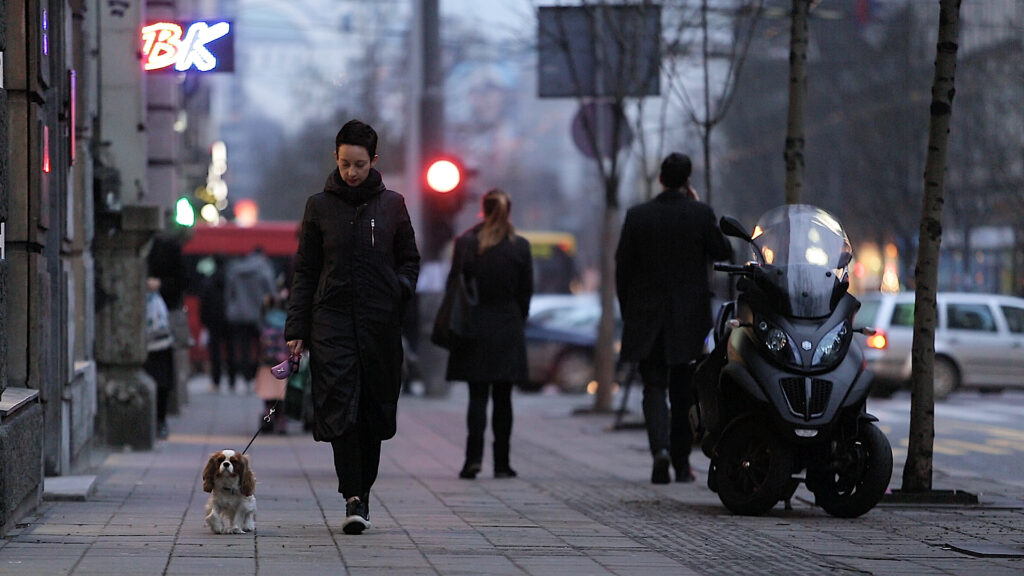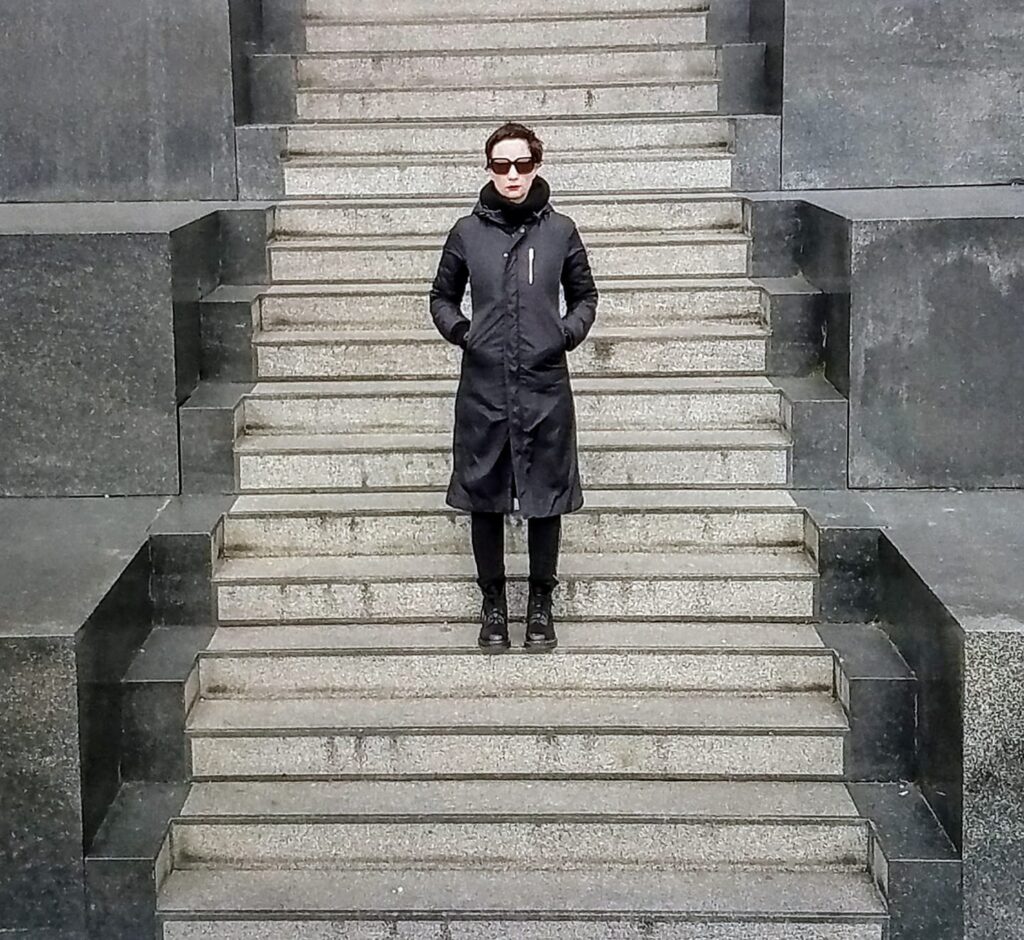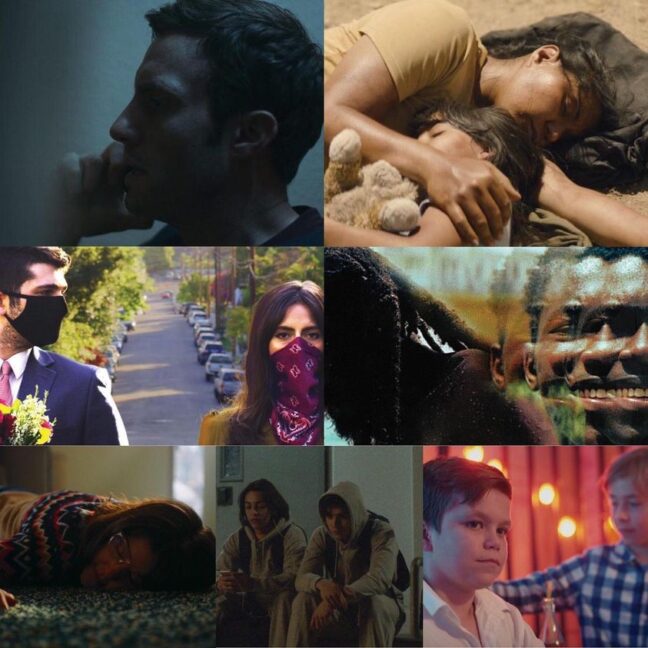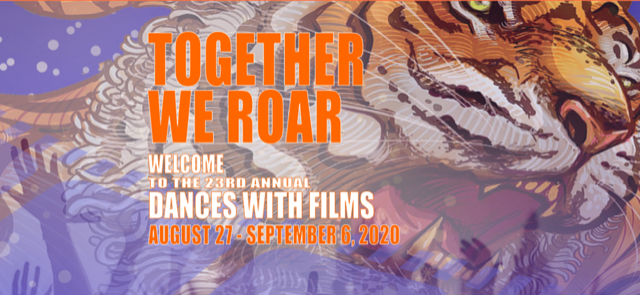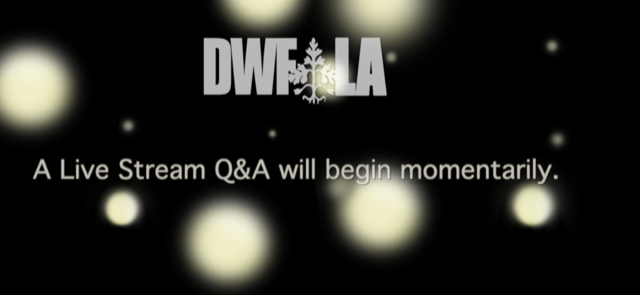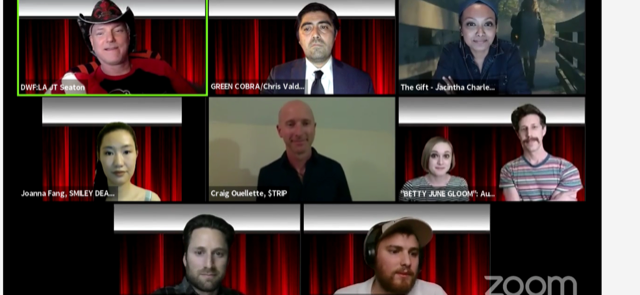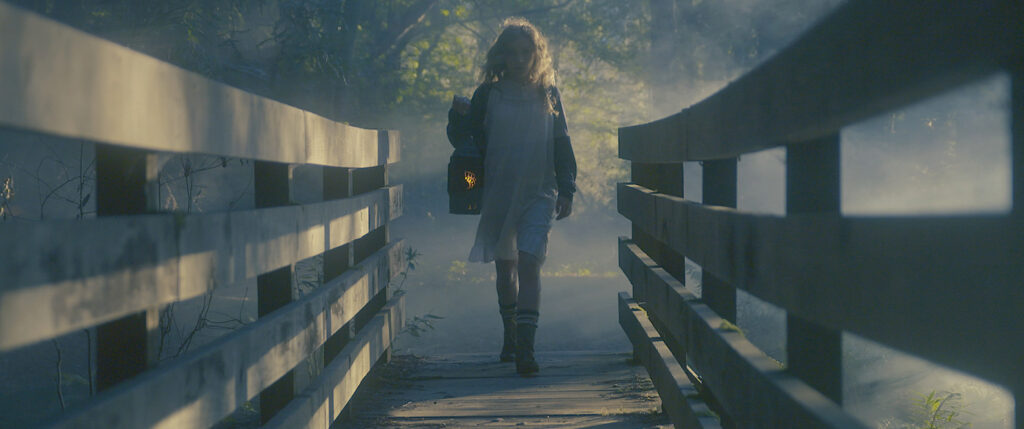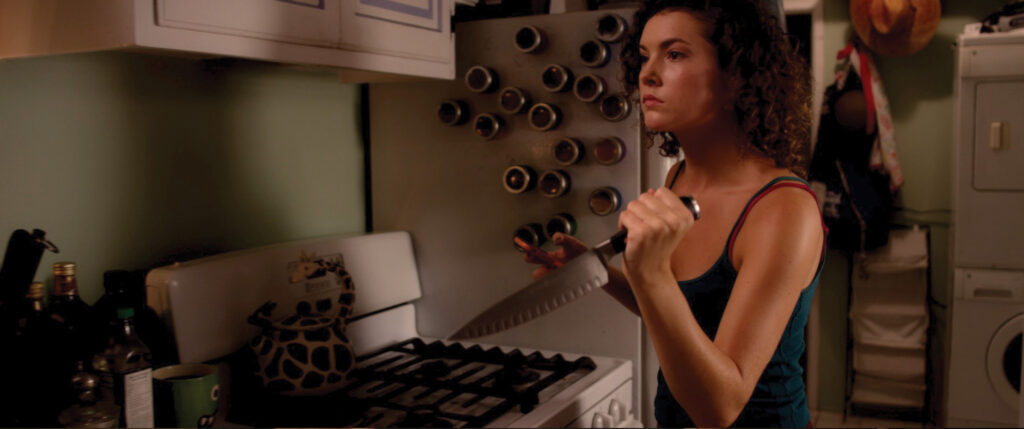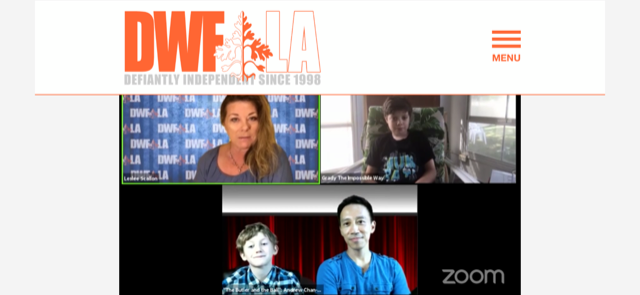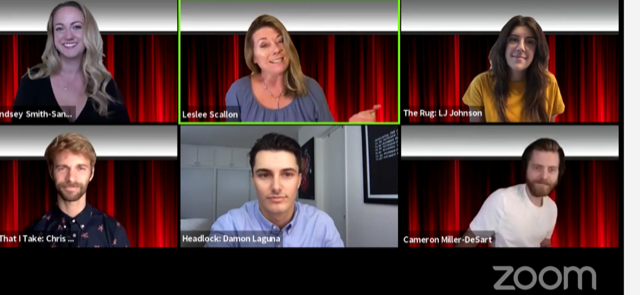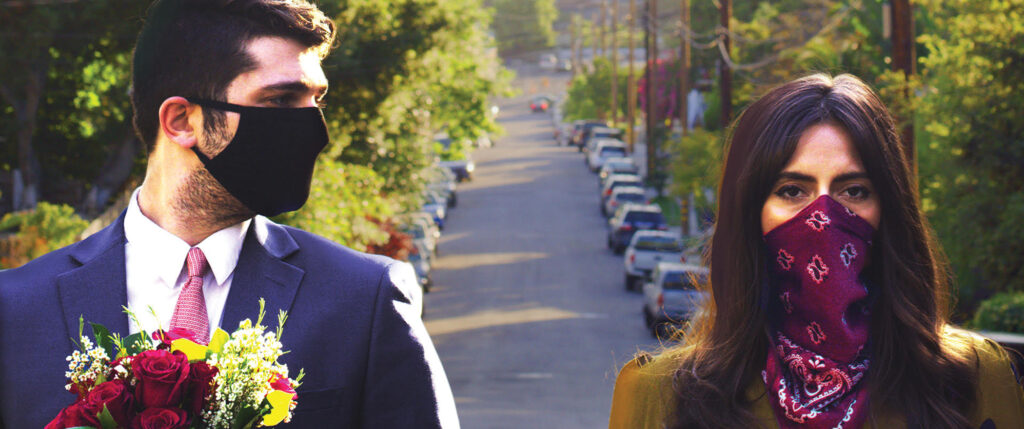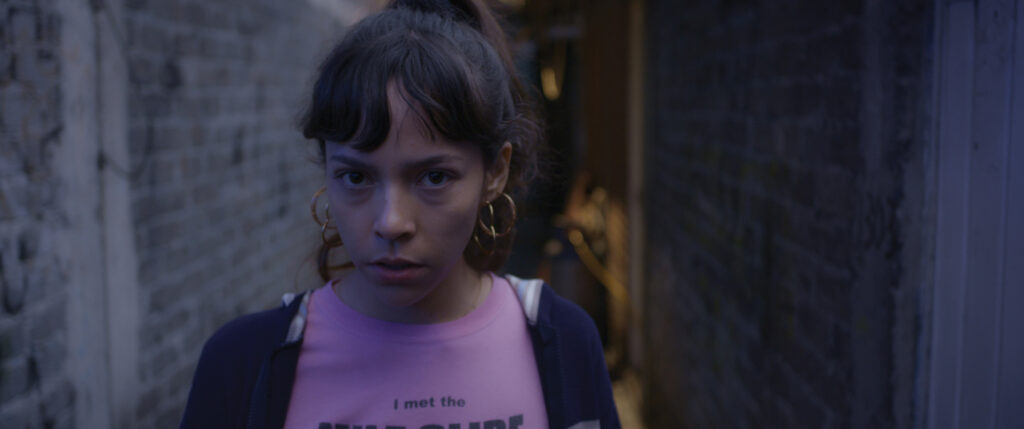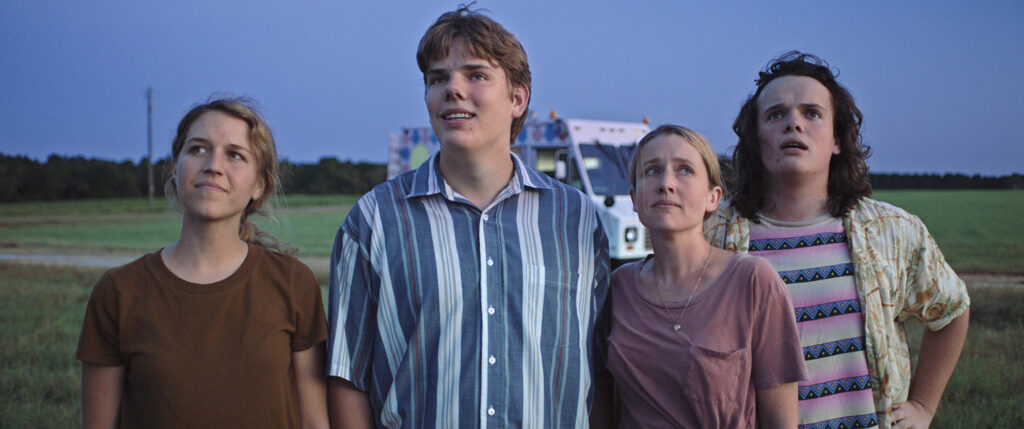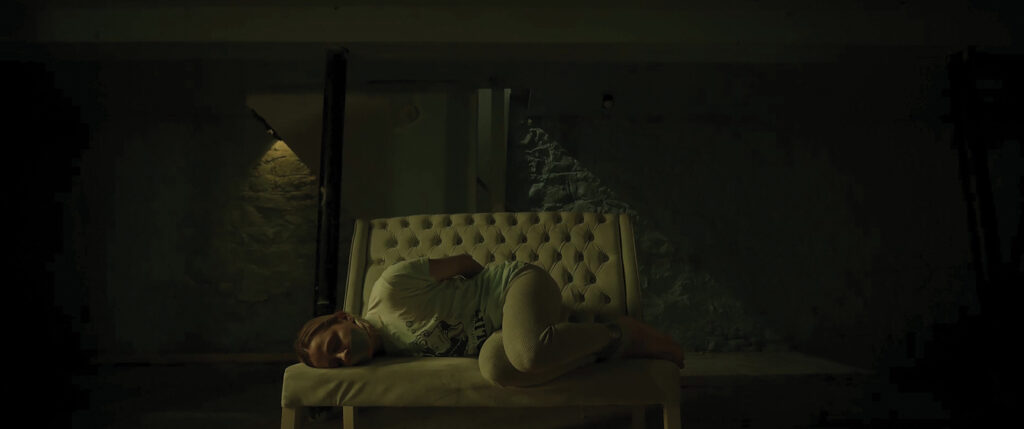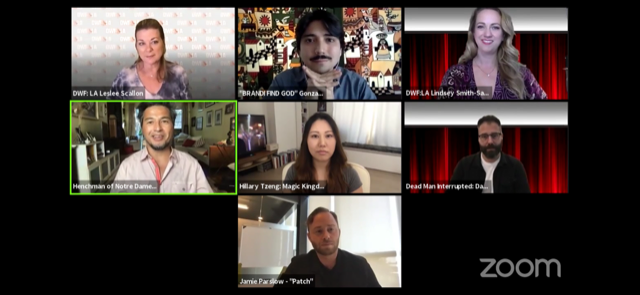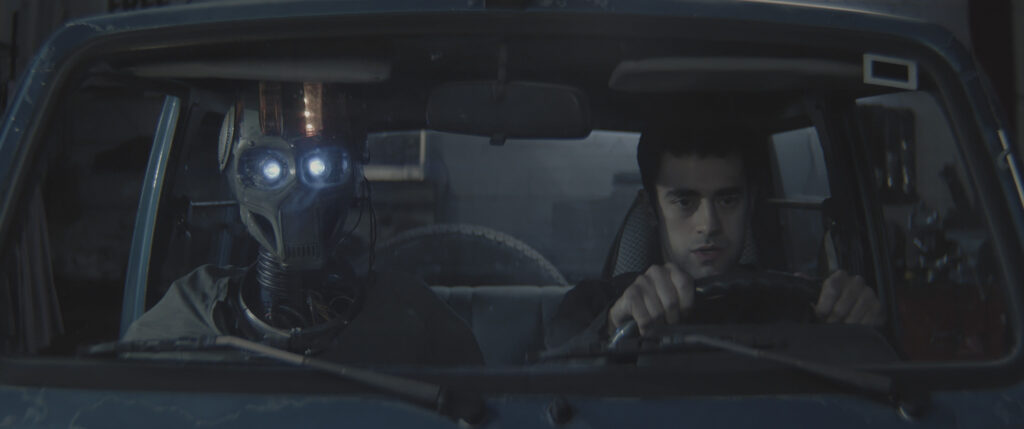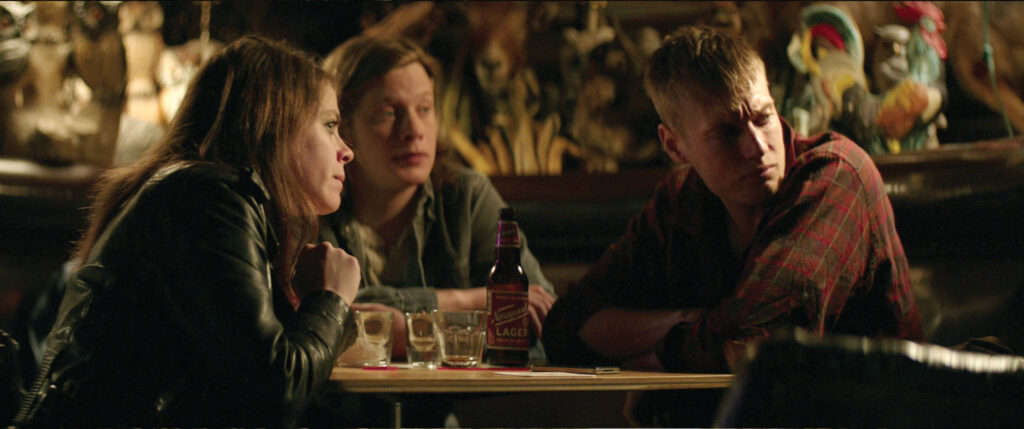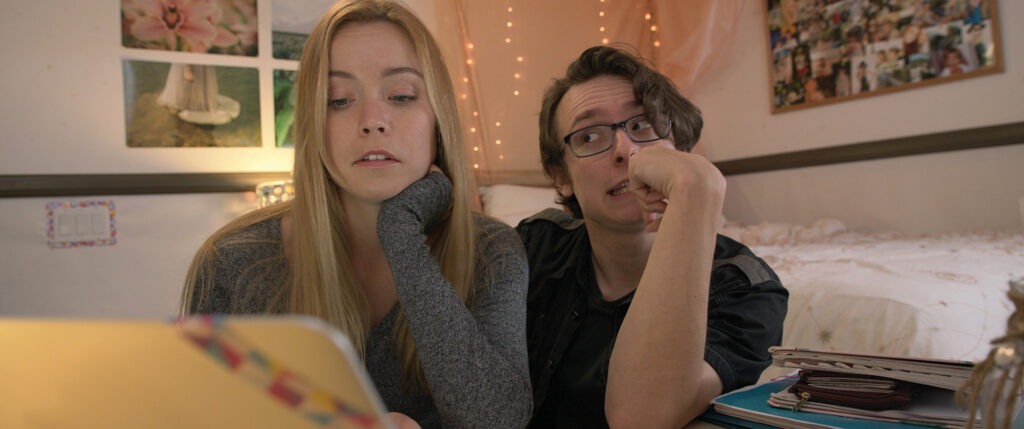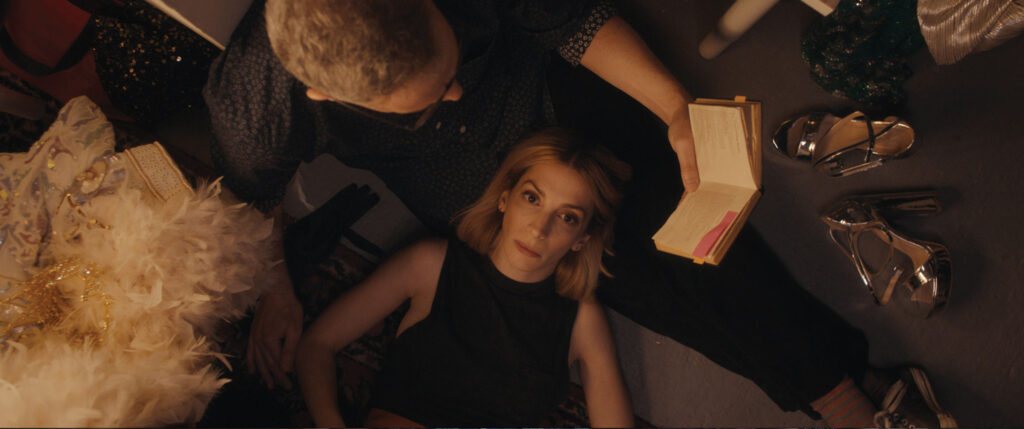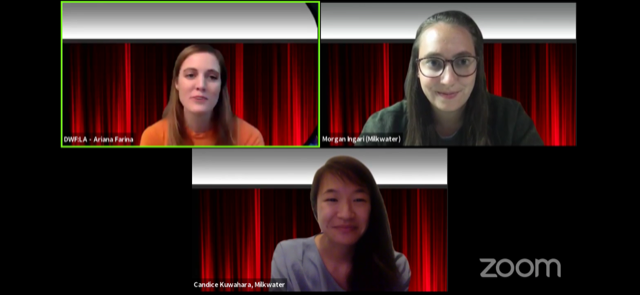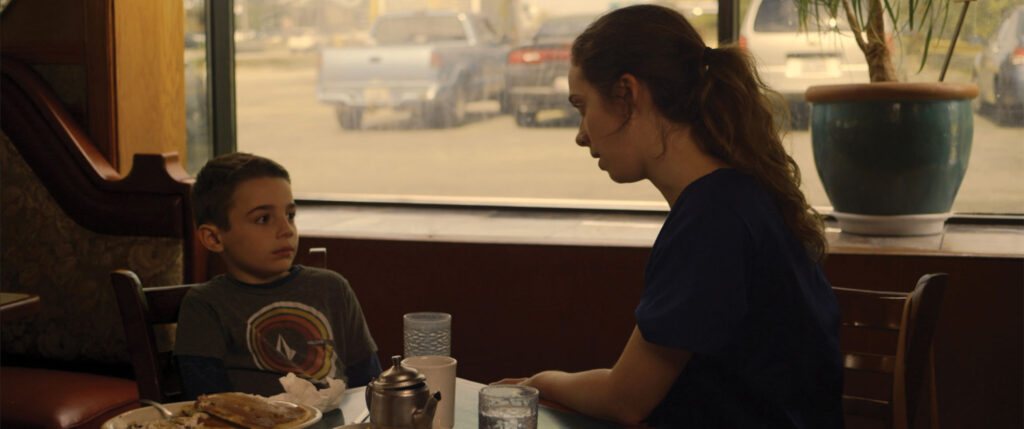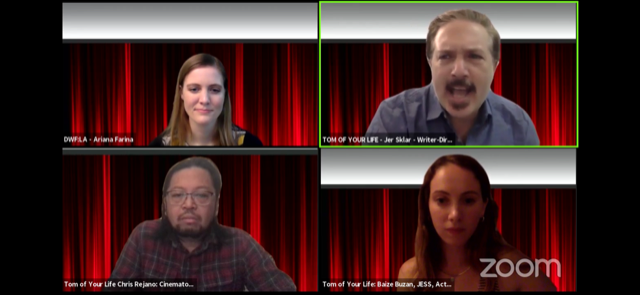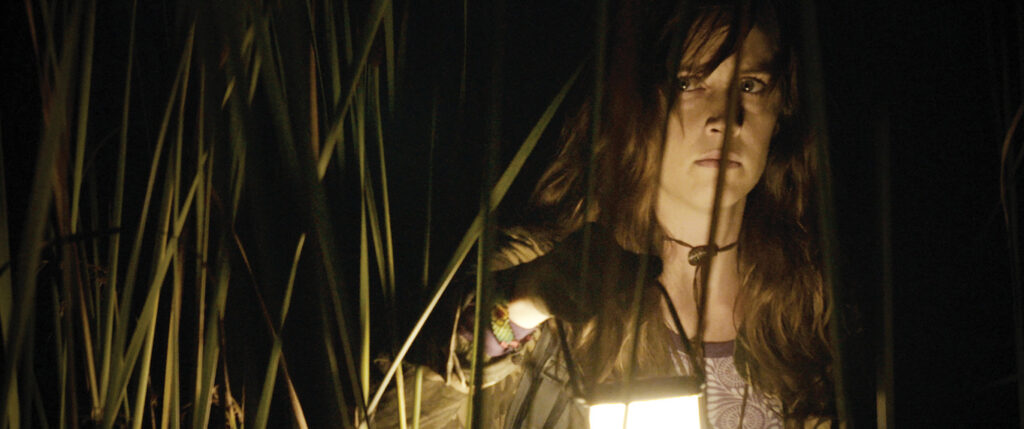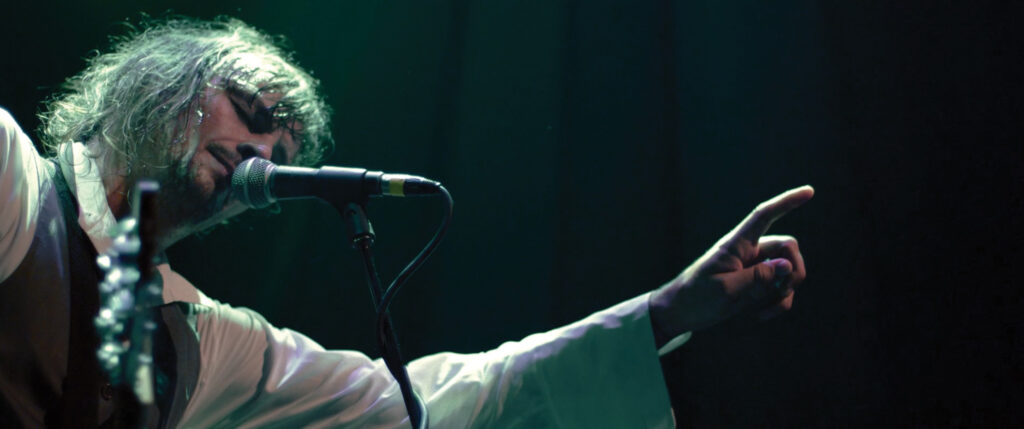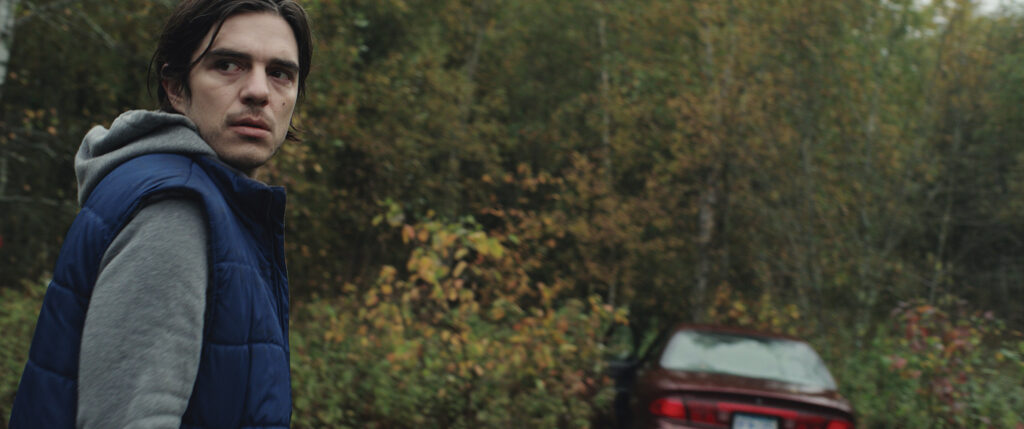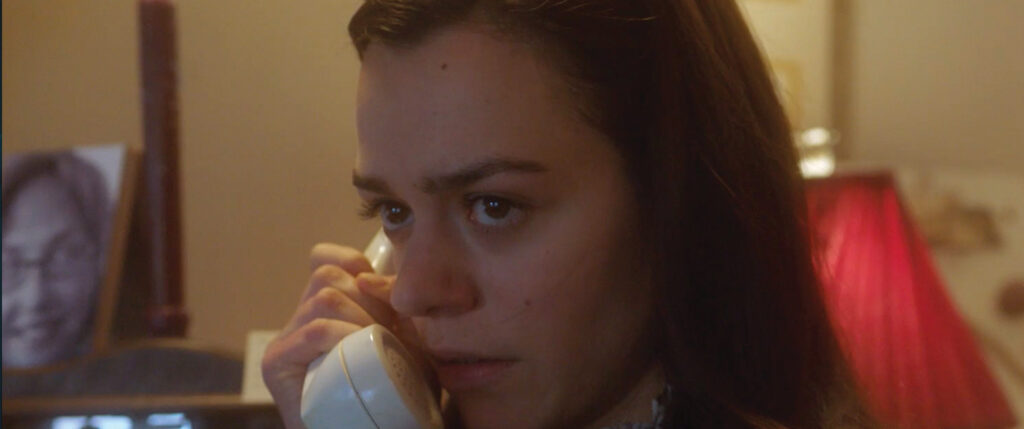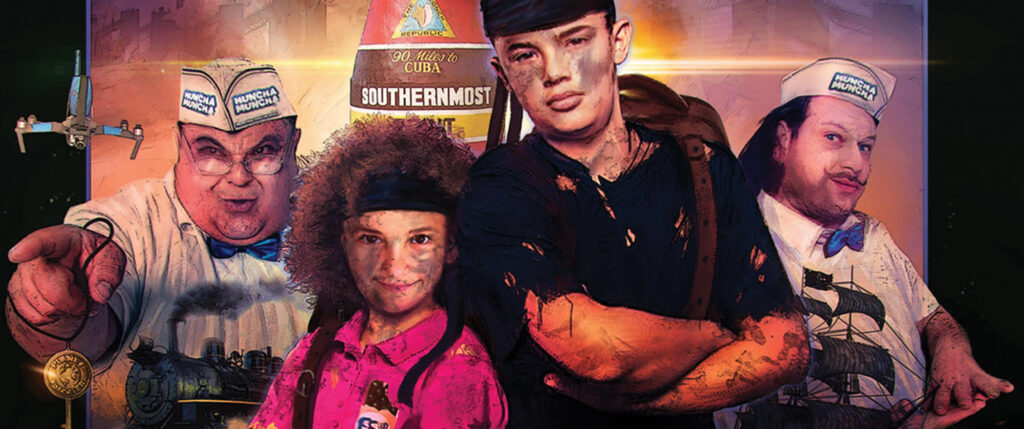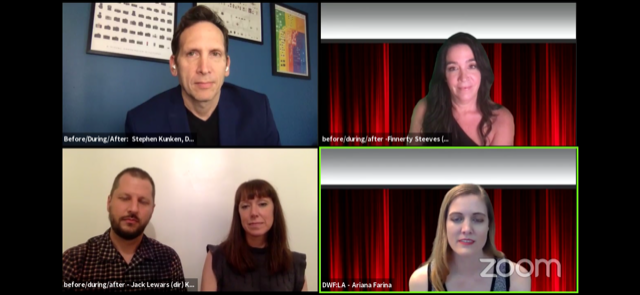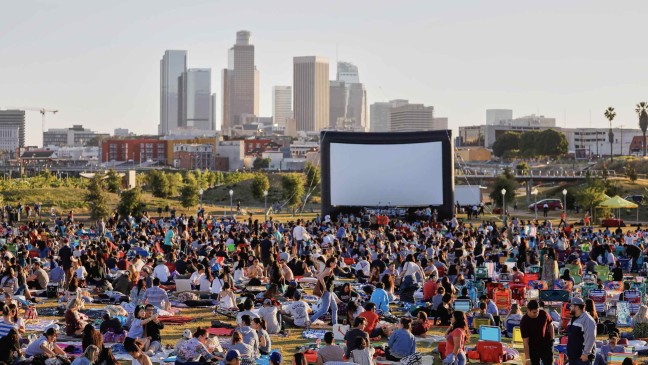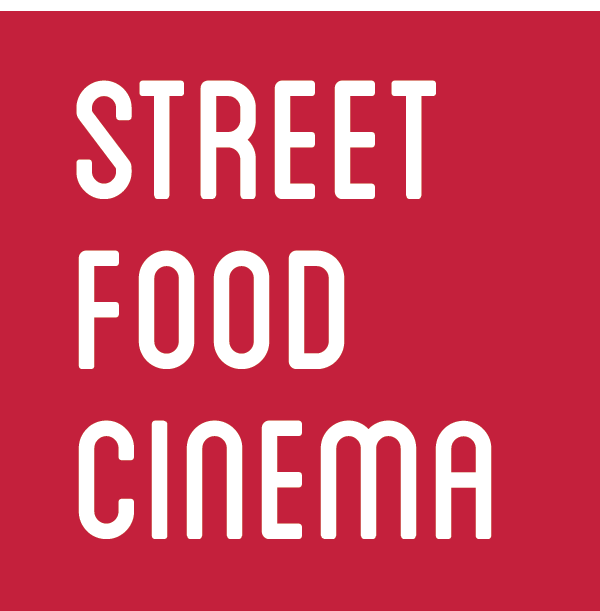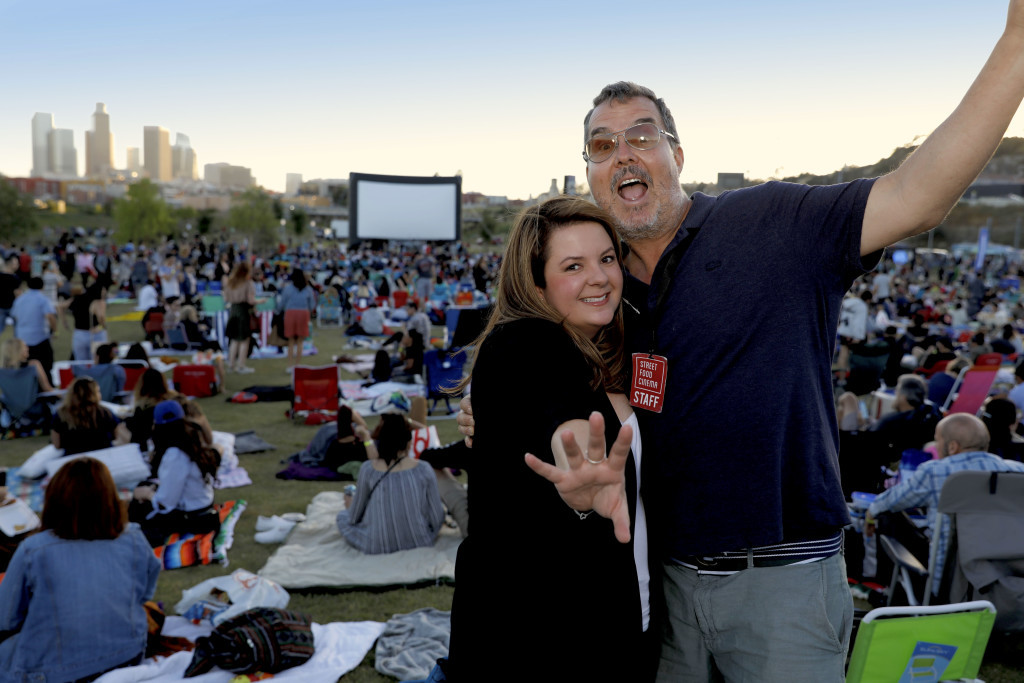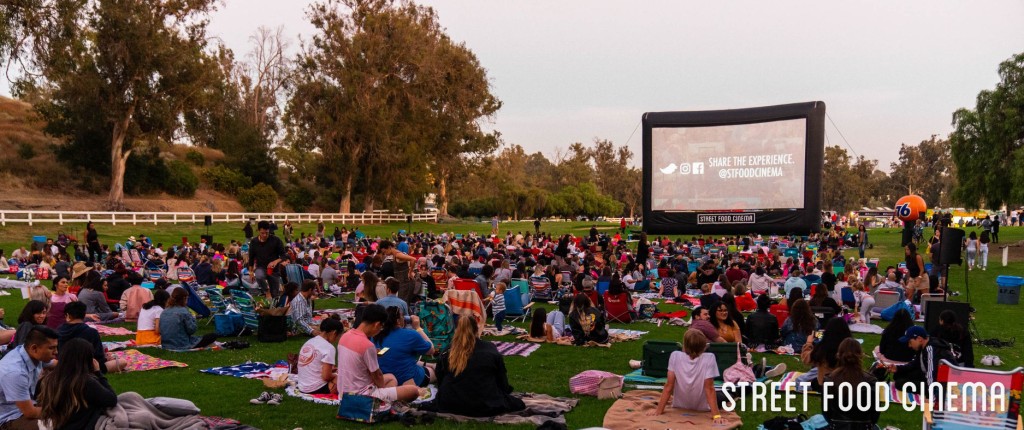

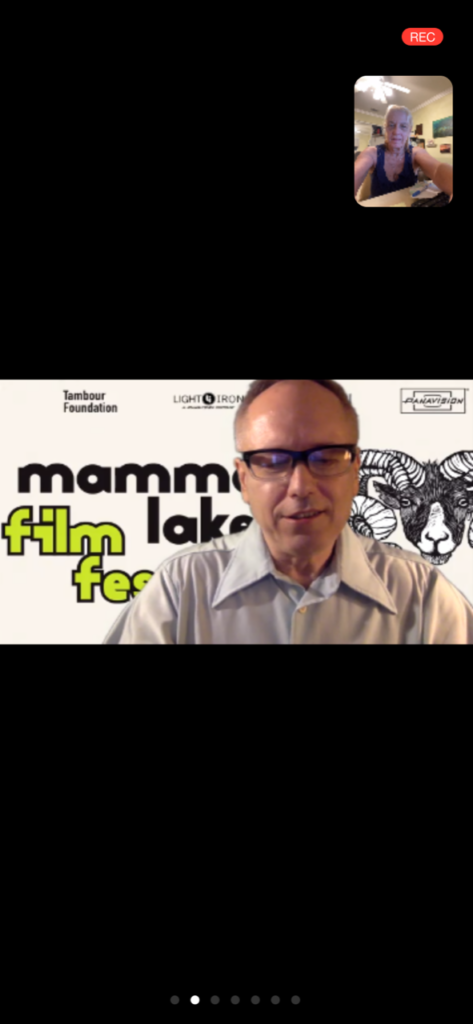
Mammoth Lakes Film Festival was back in force for 2020, taking on the “mammoth” job of transferring the entire festival – full length features and docs, shorts, cocktail power hours, a party, awards ceremony, and Q and A’s with filmmakers – from real life to virtual life.
It’s unsurprising in a way that MLFF took on this transition with style; the festival has always been uniquely cutting edge, perhaps more so than any other film festival I’ve had the pleasure of covering.

Films are dynamic, exciting, maybe even “out there” and always innovative. If any festival deserved the reputation for being “different,” for being inclusive, global, unafraid, it would be Mammoth Lakes.

Entering its 6th year in these pandemic times was not easy, and yet the festival covered a vast amount of ground, adding a showing for films, allowing online pass holders to access films for a five-day period past the premiere, and above all else, not hesitating to show films that are entirely unique and push the envelope. The times may be difficult, but that doesn’t mean films have to be facile and easy.
Under the sure-handed guidance of Festival director Shira Dubrovner, who also serves as the artistic director of the Mammoth Lakes Repertory Theatre, and innovative programming director, LA-based filmmaker and film programmer Paul Sbrizzi, Dubrovner started the film festival in 2015. While she has faced challenges before, they were surely nothing like those experienced this year in getting the festival up and running and interactive – online.
According to Dubrovner, “Thanks to the virtues of technology that can host a communal film going experience, we were excited to bring these works into people’s homes and promote the exchange of ideas and storytelling these films evoke.”
Sbrizzi described the line up as “wonderfully eclectic and thought-provoking films,” and that was an accurate assessment.
While I watched the programming live in most cases, viewing only a few after the fact and missing only two offerings, we were unable to offer our usual day by day coverage, due to, well, an uneven pandemic work-load colliding with festival timing. In “normal” years the festival runs over Memorial Weekend; this year scheduling was in September, in the initial hope it could safely run live.
In any event, life happened, and although the films and programming were thoroughly viewed and appreciated, daily coverage of each day’s programming did not take place. So in lieu of that, we are offering the same type of coverage, consolidated into two separate articles and an upcoming filmmaker interview for the new year.
Let’s dive into the excitement of the first three days of the five-day festival.
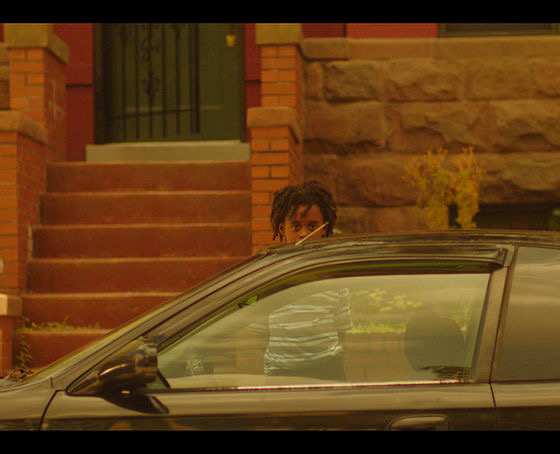
Opening night, the selection shown this year was Residue, in its West Coast Premiere. Directed by Merawi Gerima, the film was recently acquired by Ava DuVernay’s ARRAY and will be released on Netflix. But you could’ve seen it first here. It’s a complex story inside a deceptively simple package: Jay, a young African American filmmaker, returns home to Washington D.C. with his girlfriend Blue after years away to write a script about his childhood. But he discovers his neighborhood is in the process of a transforming gentrification, his childhood friends mostly scattered and gone. But the true core of the film is its confrontation of violence: the violence perpetuated on the soul by unaccepted change, unacknowledged loss. A relentless invasion is still that, even if it is couched in the guise of “betterment” for a community. When all that remains is the residue of a life, life itself can turn in an instant into moments of rage and confusion, violence and fear. Change, in short, isn’t always a wonderful thing or an exemplification of progress.
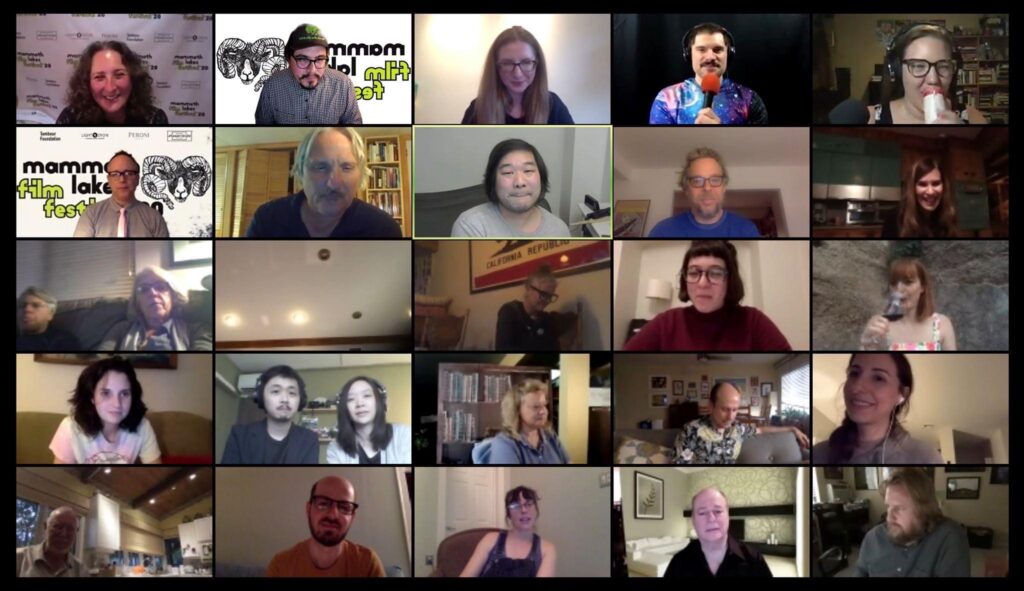
Prior to the film, a filmmaker welcome happy hour ran on Zoom, hosted by the always funny and engaging Flula Borg. Filmmakers introduced themselves, attendees, while primarily remaining muted, nonetheless got to say hello and hear the intent and passion of the filmmakers along with Borg’s wit.
Thursday, as always, marked the first full day of festival programming, with Shorts Block 1, the locally oriented Mojave to Mammoth block of programming, and perhaps my favorite film of the entire festival, this year, Marlene. I missed seeing one film, documentary The Reason I Jump.
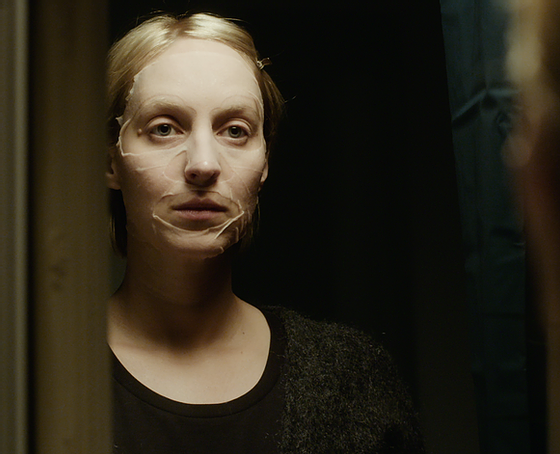
Starting backwards, Marlene, from German director Andrea Resch, is a devastating, fascinating, and richly compelling study in suspense, psychological drama, and eventually, horror. The slow build is wonderful in this story of a restoration specialist who moves to Berlin to begin a new life with new friends due to personal issues. With everything so new, she finds it difficult to set boundaries with an upstairs neighbor, Flo, who is pushy at best, and deeply threatening at worst. To call the film masterful is to underestimate it: it’s one of the best “scary movies” and the smartest that I’ve seen in any year. Resch discussed the film in an outstanding – despite a time difference in Germany that made it the wee-hours for the director and his star – q & a after the screening. In the lead, Cordula Zielonka had a tough emotional and physical role, and on her fell the burden of making us care as much as the film made us scared of Flo, played by the also terrific Thomas Clemmens.
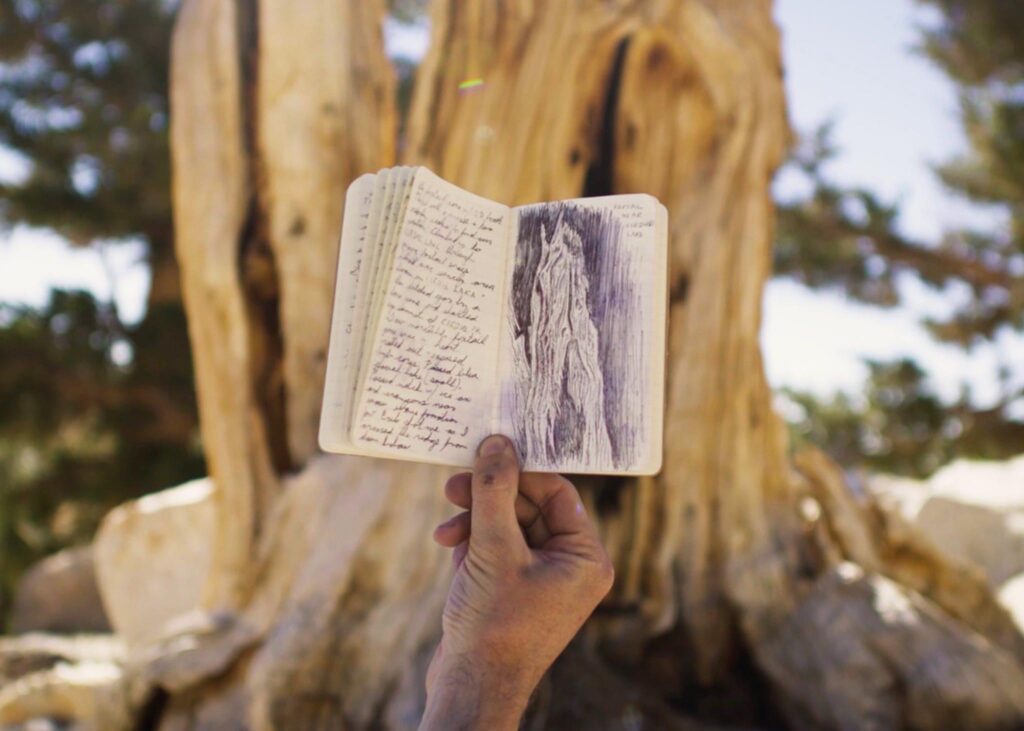
The Mojave to Mammoth block provided two fascinating shorts and one “featurette.” Nature’s serenity and man’s poetic attempts to preserve it through art were the subject of the beautiful loose documentary of Passing Through, in which a printmaking-artist discuses living an intentional life filled with the wonders of nature. Ravage, a briefer short, was a fictional tale of revenge, with a squirm-worthy confession in a church and the ultimate trap it leads to in a well-directed, high-concept piece.
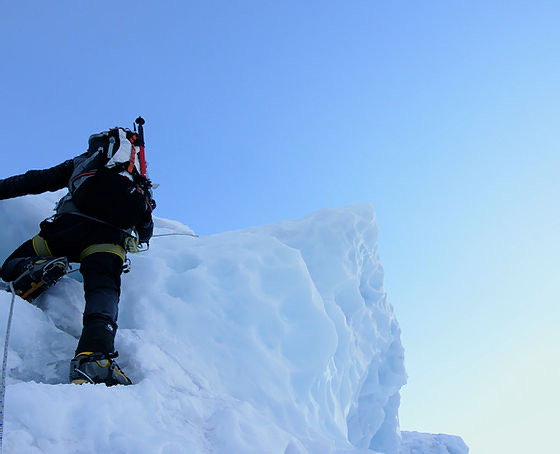
The longest segment was the hour-plus documentary of Accidental Climber, a true story of survival and a revelation about what a life-changing experience can really mean. It charts the course of Jim Geiger, a retired forest ranger and amateur mountaineer from Sacramento, who at 68 years old, attempts to become the oldest American and first great grandfather to summit Mt. Everest. And he may have made it, too, were it not for an avalanche that changed his life and his view of living it. The story was as exciting as a scripted narrative, and the outcome unexpected.
And circling back to the start of the day, Shorts Block 1 proved packed with innovative and surprising films. 5 films encompassed an array of styles and stories, and were followed by a Q and A. It began with a laugh in Cabin Stories 1, part of a series of short-shorts involving friends at a weekend cabin. In this “episode” friends expressed amusing over-the-top reactions to the simple pleasures of their temporary abode.
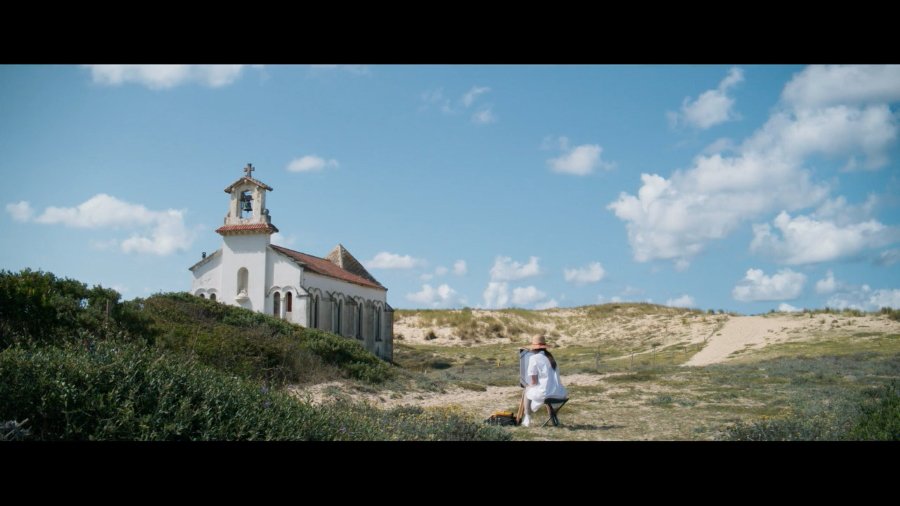
At a 25-minute runtime, Kiko’s Saints was a truly intense and involving story, and one tailor-made to stretch to feature length. Possibly my favorite short of the festival, the Japanese/French film, directed by the entirely assured, quite wonderful Maniel Marmier was a redemption story rich with metaphor.
Kiko, a Japanese illustrator on assignment in France, finds wild inspiration from spying on a gay couple on the beach next to the chapel where she’s working. Drawing them secretly leads her to an encounter with the duo, one that changes her life. It’s magical and transformative for Kiko and the viewer. A breath of pure oxygen.
A Woman offered the fascinating story of a young wife and mother in changing Ajerbijan, giving us a country and a relatable protagonist struggling to address and fully embrace both past and future.
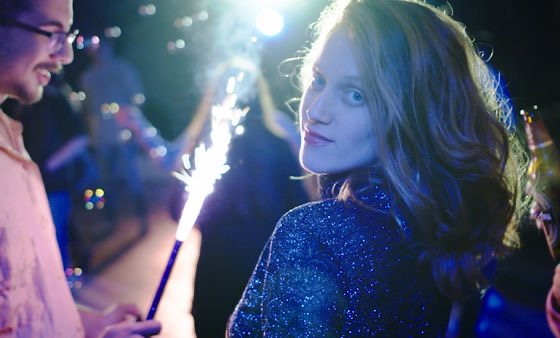
Follow Me was a wonderfully enigmatic portrayal of an alluring woman and a young man with life or death responsibilities. The Israeli film from director Elinor Nechemya follows youth hotline volunteer Omer to a party in search of his seeming “last chance” with the girl he desires. The essential and trivial of life both hang in the balance in a suspenseful and evocative night.
Equally riveting was the story of Tryphon and Pharailde from French director and screenwriting pair Casimir and Edgar VERSTRAETE. Haunting and enigmatic.
On Friday, MLFF served up even more variety, with the brilliant documentary, The Wind, two fascinating shorts block, a riveting documentary, Feather and Pine, and a surreal and poetic thriller in Desire Path. Plus Q &As of course. There was also a wine tasting, but I had to content myself with an iced coffee.

Feather and Pine took on the enigmatic subject of the logging industry – enigmatic because the recession and the industry’s passing left residents in a small town at loose ends. Heartbreaking in an unusual sense, it evokes a quintessential longing for what might best be described as “an American Way of Life.”
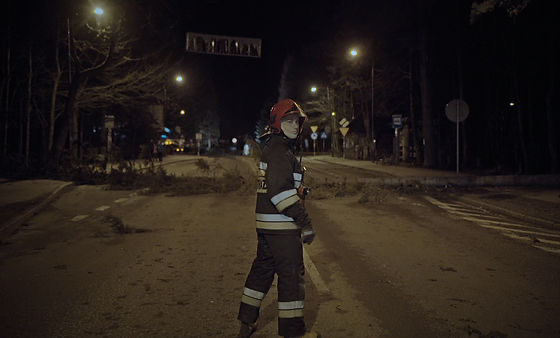
Equally evocative, the Polish doc, The Wind is thriller and an immersion into place; the annual Halny Wind can be vicious; man against nature is vividly depicted in an achingly memorable film.
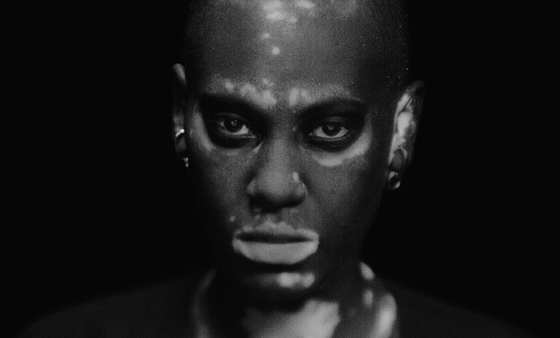
The narrative feature Desire Path is a vampire story about possession and desire, with little dialog and resonant images, it is more a canvas for feelings and fears than it is conventional storytelling, although it works in that way as well. According to director Marjorie Conrad, her inspiration for the film was “Slow Cinema.” It was her second feature, her first having screened at Slamdance, Chemical Cut. Casting via Instagram, the biggest challenges to creating the film she cites as “money, ice, and time.” She created her vision in 13 days; asked what’s ahead for the artistic filmmaker, she relates “Piracy. It’s the future and it’s future-proof. See Piracy Is the Future of Culture: Speculating about Media Preservation after Collapse by Abigail De Kosnik.” Okay, then.
Shorts Blocks Two and Three each had many gems.
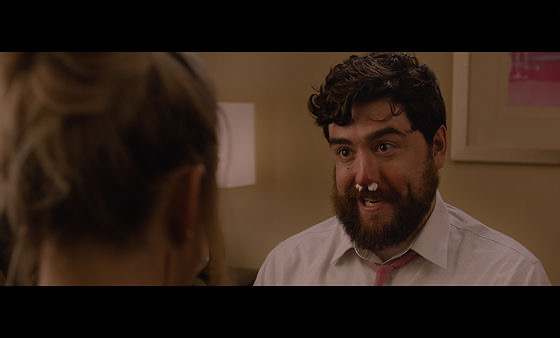
In shorts blocks two, there was another amusing episode of Cabin Stories; a fight following a wedding over an engagement between another couple grew extreme in the comedic They Won’t Last; and an elevator ride became a Cage Match in a hand-drawn animated work. Roseline, Like in the Movies was a graceful, black and white French language film about the lines crossed between art and life; while “On Task” explored the dedication of a young teacher.
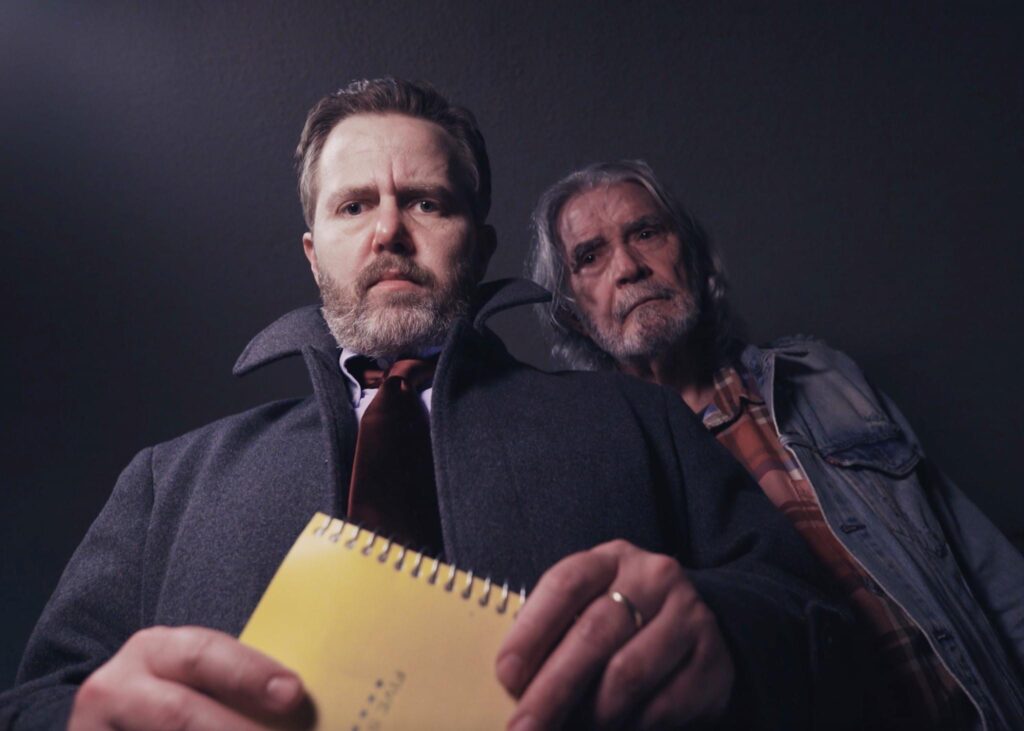
The longest film of the set was my favorite, All That You Love Will be Carried Away was based on a Steven King story and set in a frigid Nebraska. A lovely and evocative character study, it was also a thriller as an obsession with graffiti led to chance encounters and a life saved. Director and screenwriter Thad Lee created a haunting piece.
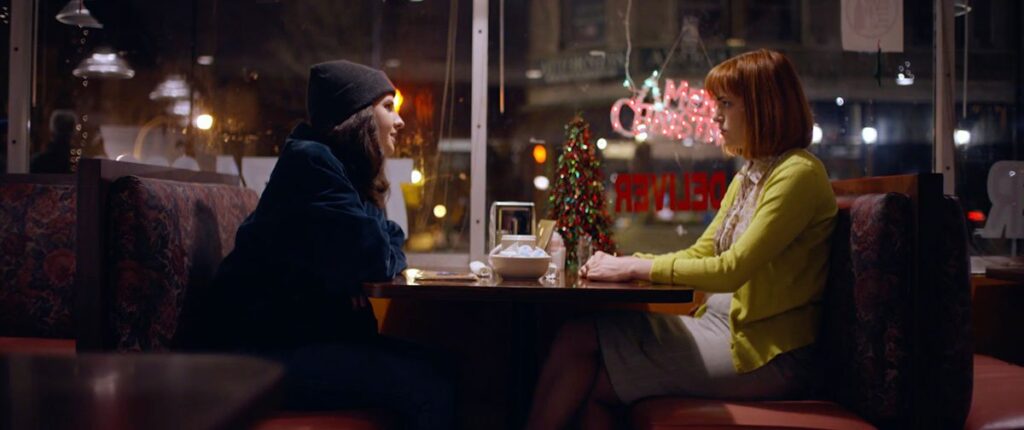
Things skewed darker in Shorts Block Three. In the deft and lightly humorous Melancholy Hunters, a man and his ten-year-old cousin look to hunt down and literally vanquish melancholy. The brief and brilliantly animated Urges took on just that; David Henry Nobody Jr. drew viewers into the world of a zany and opinionated artist; the Spanish-language Asalto Chido took on the dramatic lengths to which a pair of friends would go to raise money for a film. Last Day was a moving and somewhat enigmatic film about a Chinese sex worker receiving news that she absorbed rather than letting it devastate her. In Cool for Five Seconds, making amends as part of a 12-step recovery program is not as easy as it looks for one woman around the holidays. And, in a burst of comic relief, two Lesbian moms worry about their daughter dating in the Rain Poncho.
Saturday and Sunday slates coming soon. Stating the obvious: Mammoth Lakes Film Festival took it to the limit – and not for the last time.
- Genie Davis; photos provided by MLFF, Zoom shots Genie Davis
